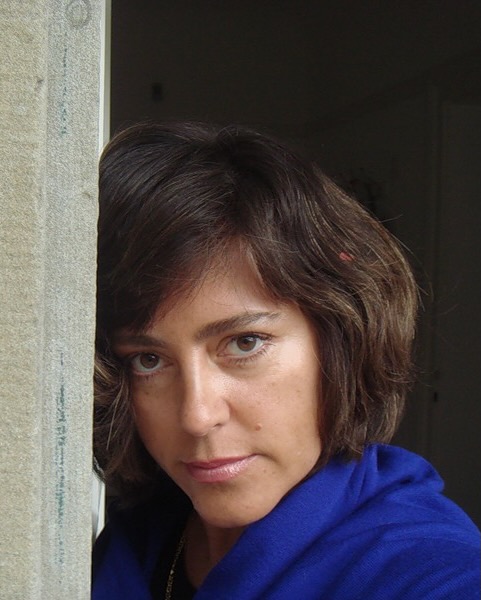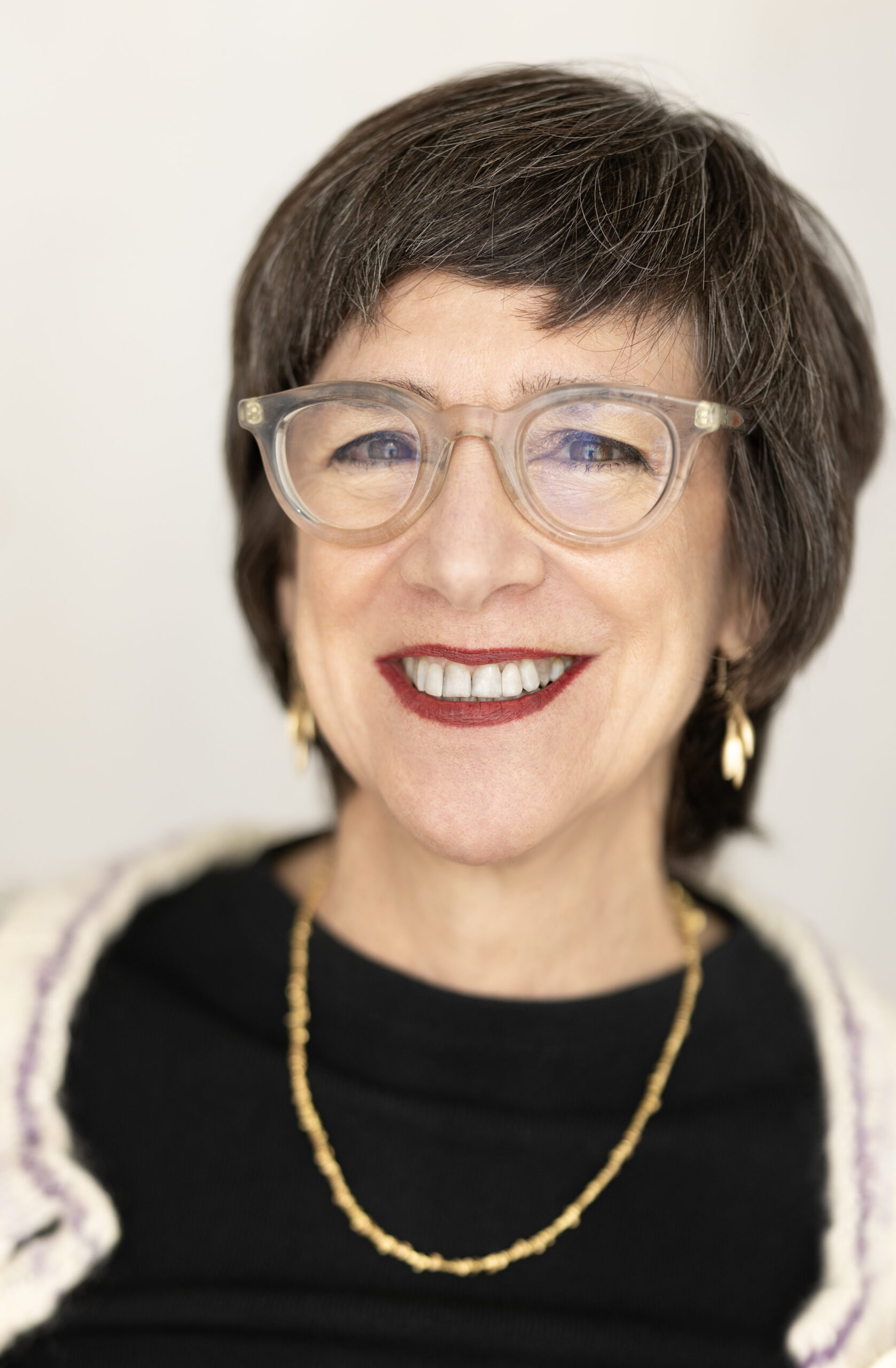By ANZHELINA POLONSKAYA
Translated from the Russian by ANDREW WACHTEL
Poems appear below in English and the original Russian.
Translator’s note
Anzhelina Polonskaya frequently writes poems inspired by visual artists. These are not, however, ekphrastic renderings of an image in words, but rather a snapshot of the emotions that a given painter’s work evokes. In the poem “After Breughel,” published here, we need to ask, what precisely makes the text Breughelesque? To me, it is the anthropomorphized image of snow, with its dead white eyes in the first stanza, contrasted with the scarlet color (of blood, hell, the burning bush). This unsettling juxtaposition creates the Breughelesque landscape which has destroyed the artist, as in the painting Dulle Griet from 1563. But Polonskaya provides her picture without the scaffolding of a narrative, and, as far as the translator’s job goes, I needed to avoid explaining the poem, rather allowing the translation to be as allusive and mysterious as the original.
—Andrew Wachtel
After Breughel
Snow, listen up. Your eyes are dead.
We know full well we’re being led
like hostages of universal blindness.
Who are we, then? Unknown and homeless.
We push ahead, there’s howling all around.
And far away we see a burning bush.
The birds that flew off south
will not return. Our Rome is smashed.
Since blizzards dominate the winter here
(our heirs can add the commas)
all colors on the canvas show up scarlet
in landscapes by a shattered artist.
По Брейгелю
Послушай снег. Глаза твои пусты.
И нас ведут, и мы идем ведомы.
Заложники вселенской слепоты.
Кто это мы? Безвестны и бездомны.
И мы идем, и воет все вокруг.
Пылает куст вдали неопалимый,
и птица, улетевшая на юг,
не прилетит. Наш Рим лежит в руинах.
Поскольку здесь зима всегда метель
(Потомок сам расставит запятые)
любая краска будет алой на холсте
в том пейзаже, где художник сгинул.
In the flames
Treble clefs and scores.
When the earth’s singular music resounds
the violas are silent, and so are the cellos.
Neither choir nor cracked voices audible.
Sunflowers turn to coal, wheat to hunger,
and a shadow lies on the ceramic ewer,
while soot from the house stains my hands.
Only ash from the branches waves goodbye.
O robin, it’s not worth flying in,
The lightning flash overhead is redder than your feathers.
A barefoot woman passes through the yards,
barely recalling the music’s dying notes.
В огне
Скрипичные ключи и ноты.
Когда звучит иная музыка земли-
молчат альты, виолончель молчит,
не слышен хор и голоса надломы.
Подсолнух углем стал, пшеница – голодом,
и на кувшин гончарный тень легла,
зола осталась на руках от дома
и от ветвей прощающих – зола.
Снегирь, ты прилетаешь зря,
алее твоего пера над нами всполох.
Босая женщина проходит по дворам,
и в памяти лишь музыка исхода.
Anzhelina Polonskaya was born in Malakhovka, a small town near Moscow, and she has been a member of the Moscow Union of Writers since 1998. Polonskaya has published translations in many of the leading world poetry journals, including The Iowa Review, Agni, Image, The Massachusetts Review, Ploughshares, and The Kenyon Review. Polonskaya has received a Rockefeller Fellowship and the 2016 International Words on Borders´ Freedom (Ord i Grenseland) Prize, and was a 2019 Pushcart Prize nominee. Her binlingual poetry collection, Take me to Stavanger, is out now with the University of Pittsburgh Press.
Andrew Wachtel has served as rector of Narxoz University in Almaty, Kazakhstan and President of the American University of Central Asia in Bishkek, Kyrgyzstan. Before coming to Central Asia in 2010, he was dean of The Graduate School and director of the Roberta Buffett Center for International and Comparative Studies at Northwestern University. A fellow of the American Academy of Arts and Sciences and a member of the Council on Foreign Relations, his interests range from Russian literature and culture to East European and Balkan culture, history and politics to contemporary Central Asia. He translates from Russian, Bosnian/Croatian/Serbian, and Slovene. His book of translations of Anzhelina Polonskaya, Paul Klee’s Boat, was short-listed for the 2014 PEN Poetry Translation Prize.




